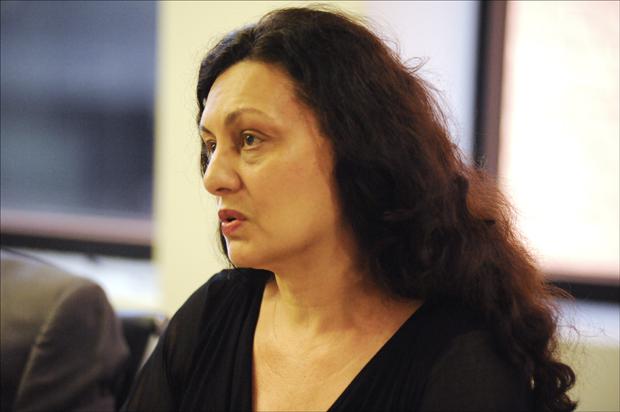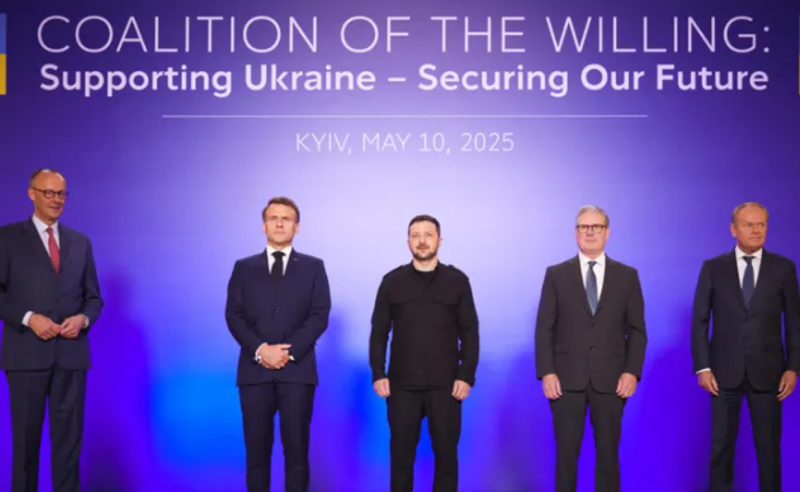
Assenova on Armenia-Azerbaijan conflict: ‘If Turkey gets involved in military operations, this will mean de-facto clash between NATO and Russian-led CSTO’
30/09/2020 06:21:07 Caucasus, Foreign Politics
The fierce fighting that started three days ago now appears to be spilling out of Nagorno-Karabakh, with Armenia and Azerbaijan trading accusations of direct fire into their territories.
They also blame each other for starting the conflict.
Any descent into all-out war could threaten to drag in not only Turkey, but Russia.
Margarita Assenova, Senior Fellow with the Jamestown Foundation, said that Russia, Iran, and Turkey are already involved in one way or another in the war in Nagorno-Karabakh.
“Russia has been supplying weapons to Armenia via Iran even after the fighting in July that took place for the first time at the international border between Armenia and Azerbaijan, not far from major energy, transportation and communication corridors,” Assenova told the Accent.
While Turkey openly backs Azerbaijan, Moscow has a defence alliance with Armenia, but also enjoys close relations with Azerbaijan.
“Russia may be compelled to intervene to support its strategic partner Armenia, also a member of the Collective Security Treaty Organization. But Russia has no interest in an all-out war in the Caucasus at the moment; it has too many domestic problems and faces new sanctions for the poisoning of Navalny. Nevertheless, Moscow will try to benefit from a potential ceasefire and push for Russian peacekeepers to be deployed to Nagorno-Karabakh,” she said.
According to her, Turkey will be very careful not to take part directly in any combat:
“Turkey supports Azerbaijan, but it is unclear whether it has provided military assistance since the fighting began. There are many rumors, but none is confirmed. The Armenian defense ministry reported that a Turkish F-16 shot an Armenian plane over Armenian territory, but this claim has been denied by both Turkey and Azerbaijan. So far, the report has not been independently verified. I think that Turkey will be very careful, because if NATO member - Turkey gets involved in military operations, this will mean a de-facto clash between NATO and the Russian-led Collective Security Treaty Organization (CSTO).”
The incidents signalled a further escalation of the conflict despite urgent appeals from Russia, the United States and others to halt it.
As Assenova said, “the best option now is for the US take the lead with the European Union – outside of the failed Minsk Group format – to facilitate a ceasefire, but more importantly push for a lasting resolution in which territorial integrity and full ethnic rights are recognized by both sides.”
When asked, “given current situation, what would you advise Georgia to defend its neutral position?”, she stated:
“Georgia is in a tough place, but Georgia also plays a central and indispensable role in the Caucasus. It is the connecting tissue in regional relations. Georgia is the only Caucasus state with which both Azerbaijan and Armenia maintain diplomatic and economic relations. It is Armenia’s sole connection to the world, if you wish, because trade, travel, supplies – almost everything goes through Georgia. Armenia’s relations with Tehran are more liability for Yerevan than benefit. For Azerbaijan, Georgia is the channel to European energy markets with the oil and gas corridors going through its territory. Rail, highways, communications between Azerbaijan and Turkey, and then Europe, go through Georgia.
It is important for Georgia to stress that a resolution to the conflict is needed as soon as possible and that it must meet both international legal norms – territorial integrity and protection of human rights. The Karabakh problem will need to be resolved creatively, the solution will have to be found through a compromise. Establishing an international mechanism to guarantee peace will be critical. Georgia has the potential and capability to play a constructive role in this process as long it does not allow Moscow to use Georgian leaders in promoting its goals, especially during the election and post-election period.”
Azerbaijan lost control of mostly Armenian-populated Nagorno-Karabakh and surrounding areas in the early 1990s. In 1994, the two sides reached a ceasefire, which led to a period of relative stability. Occasional skirmishes still took place along the Nagorno-Karabakh line of contact.
Russia, France and the US co-chair the Organization for Security and Co-operation in Europe's Minsk Group, which has been attempting to broker an end to the dispute.
News
News
შემოგვიერთდით
2021






